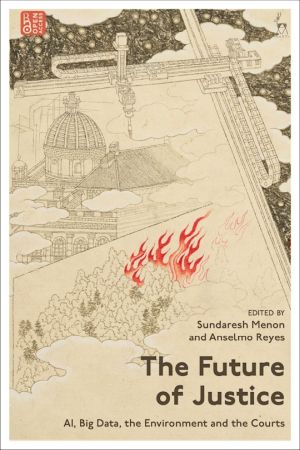
This open access book explores how courts and judges from common and civil law jurisdictions should address the following challenges that affect all of humanity – the ever-rapid development of AI and big data, the dangers of disinformation and misinformation, and the irreversible harmful effects of climate change.
The book is divided into 4 parts. Part I examines the impact of AI on judiciaries, in areas such as machine-generated evidence, access to justice and the ethical implications of AI. It features contributions from judges who have served in the Chinese, Indian and Singapore judiciaries. Part II delves into the topic of data protection and privacy in the era of big data and AI, focusing on the legal and regulatory issues relating to the processing of data. Part III addresses truth decay and the courts' role in ascertaining facts in an uncertain world. Part IV explores climate change litigation in various domestic courts around the world and the approaches and techniques that have been taken to address this dynamic and challenging area of the law.
This book is primarily for judges: how should they approach these topics when raised in their courts? What capacity-building is necessary for judges to stay current? Should judiciaries play a role, or is it solely or primarily the government's responsibility to formulate the relevant policies and laws? To what extent can and should impartial judges be proactive on these issues?
The book is, however, also addressed to legal academics, law students, and laypersons interested in the implications of these significant challenges on the integrity of our justice systems: how should our civil justice systems respond?